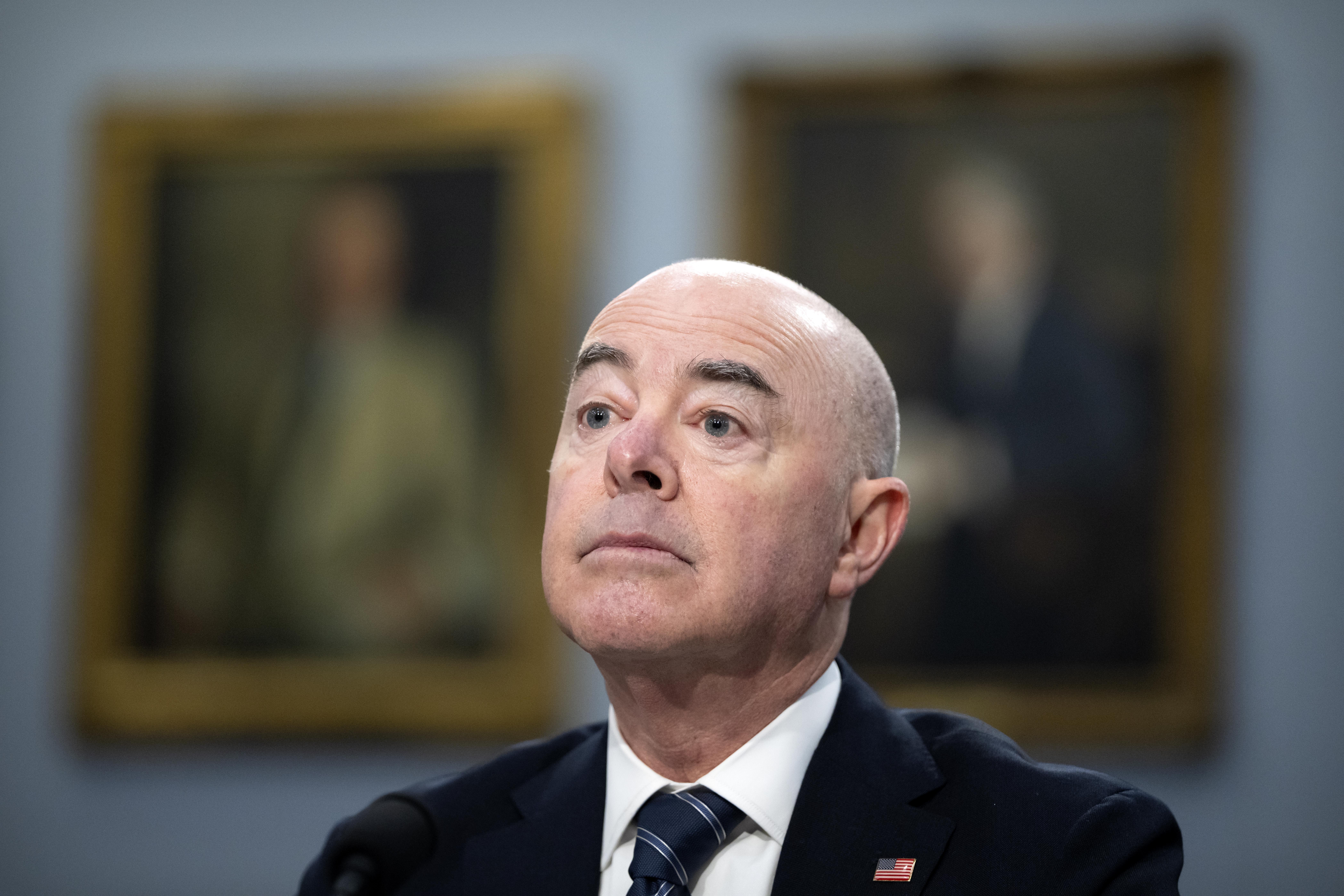A handful of members of the Electoral College, including a rogue Republican who says he won't vote for President-elect Donald Trump, are demanding an intelligence briefing on whether the government is investigating links between Trump's campaign and Russia.
Ten electors on Monday released an "open letter" to Director of National Intelligence James Clapper requesting information about ongoing investigations on ties between Trump and "Russian government interference in the election."
The letter, released on the social media site Medium, was written by Christine Pelosi, the daughter of top House Democrat Nancy Pelosi of California.
Hillary Clinton's campaign is backing the effort. Top political aide John Podesta said electors have "a solemn responsibility under the Constitution" and should have their questions answered.
Her campaign is also calling on the Obama administration to declassify information around Russia's role in the election.
Weekend reports found that some in the intelligence community believe Russia released hacked emails to aide President-elect Donald Trump. A bipartisan group in the Senate is calling for an investigation.
None of the electors is likely to vote for Trump. The votes are cast on Dec. 19.
U.S. & World
Nine are Democrats and the sole Republican to sign the letter is Chris Suprun, a Texas paramedic who says he won't vote for Trump, citing a Federalist paper by Alexander Hamilton that says electors must determine that the president is qualified and independent from foreign influence.
Suprun attracted national attention with a New York Times column last week in which he said Trump is "someone who shows daily he is not qualified for the office."
The letter says the Founding Fathers envisioned the Electoral College as a deliberative body and not simply a rubber stamp to ratify the results.
"The Constitution envisions the Electoral College as a deliberative body that plays a critical role in our system of government — ensuring that the American people elect a president who is constitutionally qualified and fit to serve," the electors wrote.
Twenty-nine states and the District of Columbia have passed laws designed to bind members of the Electoral College so that they are not "faithless electors."



